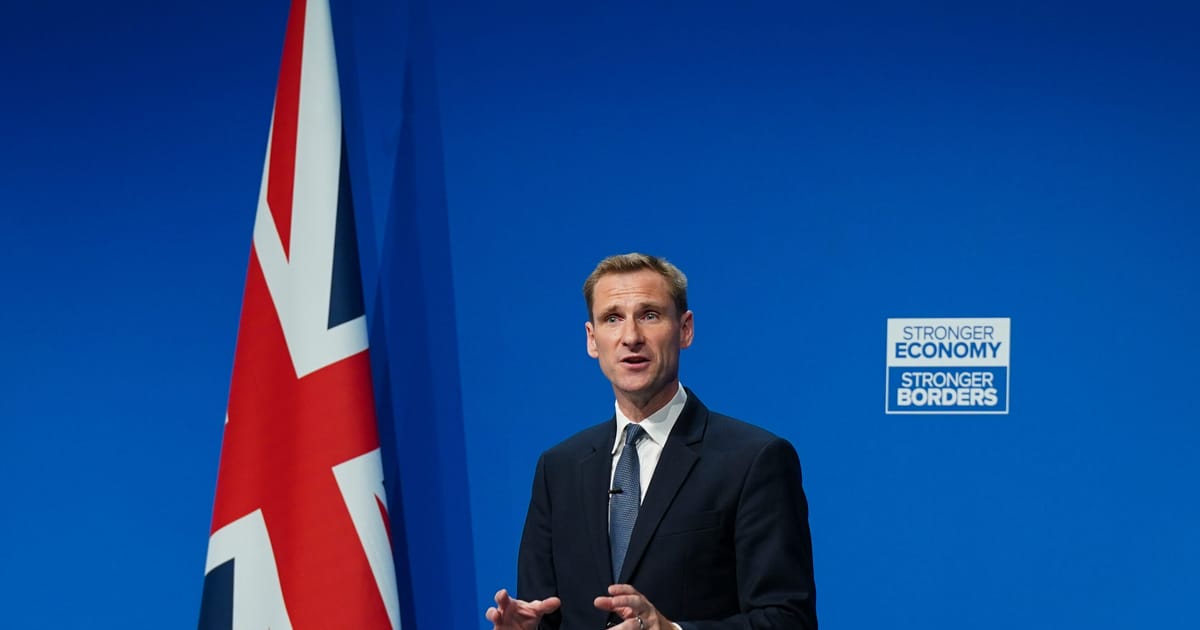Philp stressed that many civil servants work diligently and other parts of the Home Office were more helpful. But he added: “I think more political appointees, particularly at the top, actually would help and people being appointed from outside the public sector who can bring a bit of dynamism to bear.”
Pressed on how many might be needed to push through ministers’ plans, Philp said: “In America, it’s thousands, isn’t it? When the American administration changes over, there are I think 5,000 or 10,000 people in the federal government who switch over. I wouldn’t suggest anything on that scale.
“But in a department like the Home Office … I could imagine a few dozen people coming into a big department would make quite a big difference to ministers’ ability to get things done.”
The U.S. president makes closer to 4,000 political appointments across the executive branch, according to the Partnership for Public Service. More than 1,300 of those require confirmation by the U.S. Senate. Since U.S. President Donald Trump took office in January, his administration has pushed to terminate a large number of career civil servants perceived to be opposed to his policies.
On Sunday, the Conservatives unveiled a new borders plan which included a United States Immigration and Customs Enforcement-style deportations force to remove 750,000 migrants. It comes after Nigel Farage’s Reform UK — currently hammering the Tories in the polls — proposed scrapping civil service neutrality in order to have a department of immigration staffed only by people who agree with the party’s policies.

